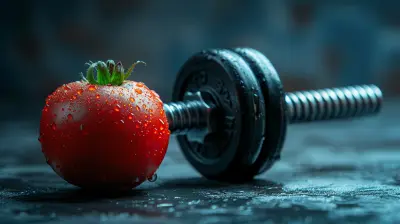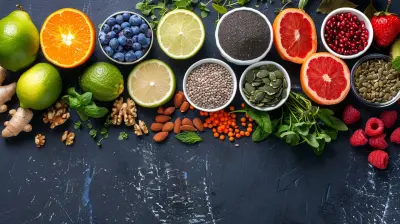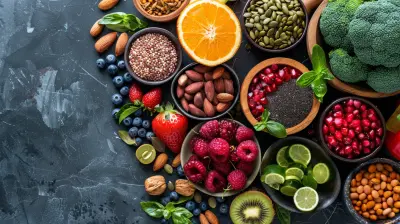How to Create a Nutrient-Dense Shopping List
29 April 2025
Eating healthy starts in the grocery store. If you stock your kitchen with nutrient-dense foods, you'll make better meal choices without even trying. But let’s be real—navigating the aisles can feel overwhelming with all the options (and sneaky marketing tricks).
So, how do you build a shopping list that keeps your body fueled, your wallet happy, and your meals delicious? Let’s break it down in a way that's easy, practical, and stress-free. 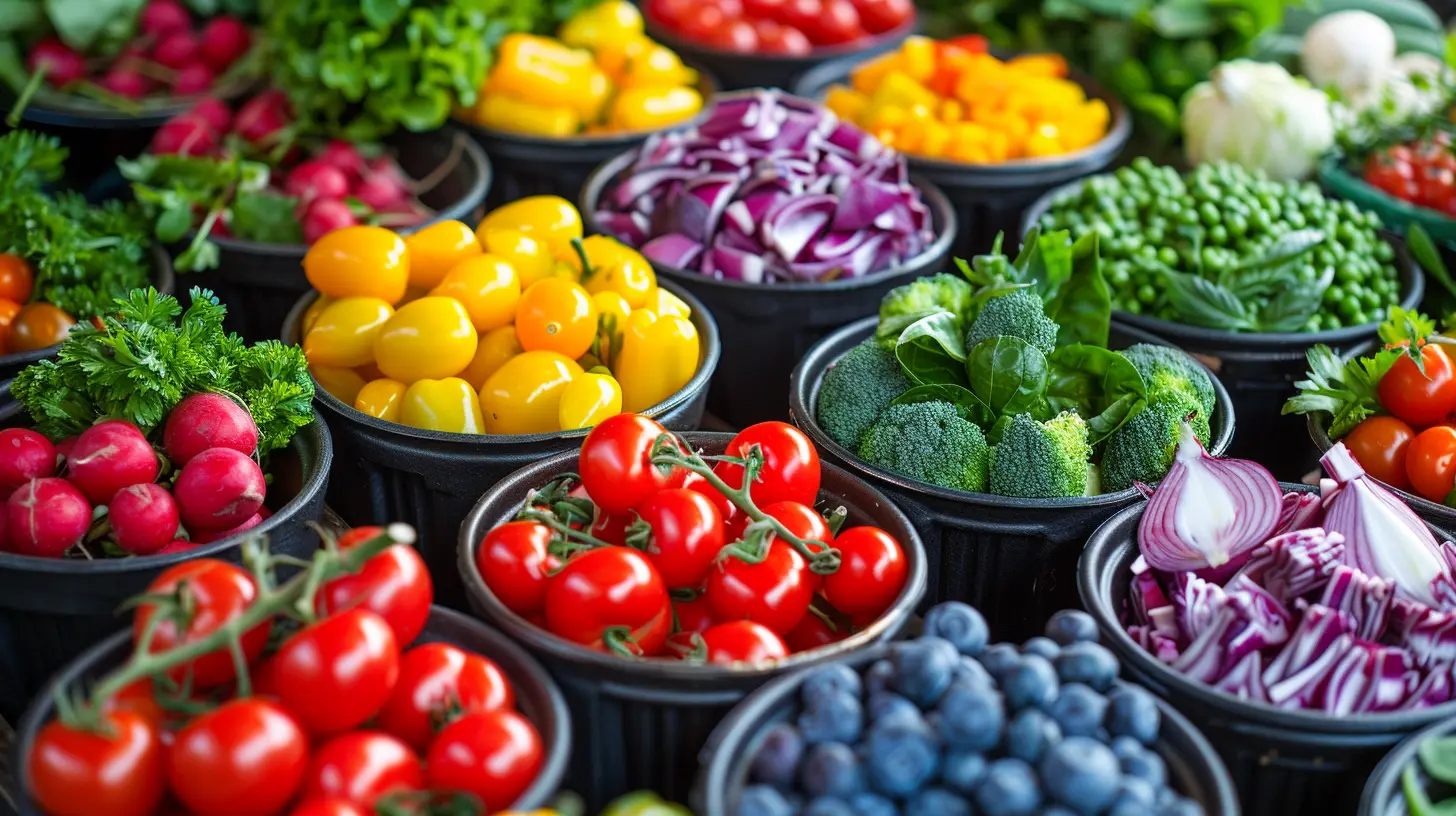
Why Nutrient Density Matters
Before we dive into the shopping list, let’s address the elephant in the room: Why should we even care about nutrient-dense foods?Nutrient-dense foods are packed with vitamins, minerals, fiber, protein, and healthy fats—without the extra calories, refined sugars, and artificial stuff. Simply put, they give you the most nutritional bang for your buck.
Think of it this way: Would you rather fill up your gas tank with premium fuel or watered-down gasoline? The same logic applies to your body.
When you focus on nutrient-dense foods, you:
✅ Feel more energized
✅ Improve digestion
✅ Support overall health
✅ Reduce cravings and overeating
Alright, now that we’re on the same page, let’s get to the good part—building that nutrient-packed shopping list! 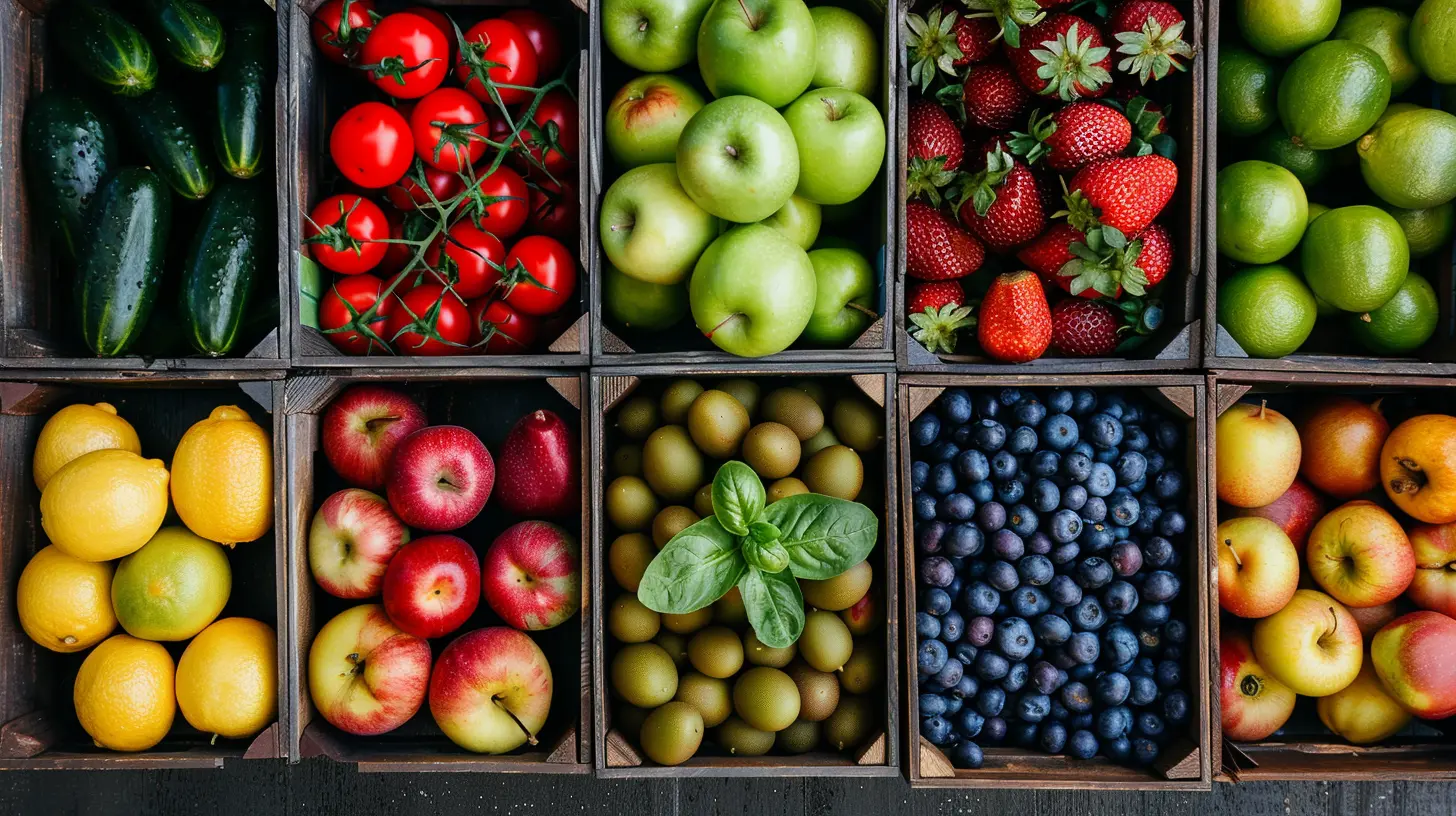
How to Build a Nutrient-Dense Shopping List
1. Start with Whole, Unprocessed Foods
The closer a food is to its natural state, the more nutrients it retains. Here’s a simple rule: Shop the perimeter of the store first. That’s where you’ll find fresh produce, lean proteins, and dairy or dairy alternatives.Top picks:
- Fresh or frozen vegetables and fruits
- Whole grains like quinoa, oats, and brown rice
- Nuts and seeds
- Lean proteins (chicken, fish, tofu, beans)
Stay cautious about the aisles filled with boxed, processed foods—they tend to be loaded with additives and empty calories.
2. Prioritize Fruits and Vegetables
Fruits and veggies are the superstars of a nutrient-dense diet. They’re loaded with vitamins, minerals, fiber, and antioxidants—things your body needs to thrive.How to shop smart for produce:
- Go for color variety: Different colors mean different nutrients. (Think leafy greens, bright orange carrots, deep purple berries.)
- Buy in-season: Seasonal produce is fresher, cheaper, and more flavorful.
- Frozen is fine: Frozen fruits and vegetables are just as nutritious as fresh ones but last longer.
Best nutrient-dense picks:
- Leafy greens (spinach, kale, Swiss chard)
- Berries (blueberries, raspberries, blackberries)
- Cruciferous veggies (broccoli, cauliflower, Brussels sprouts)
- Avocados (healthy fats + fiber!)
- Sweet potatoes (packed with vitamin A and fiber)
3. Choose High-Quality Protein Sources
Protein is essential for muscle repair, hormone production, and overall satiety. But not all protein sources are created equal.Best protein-rich options:
- Animal-based: Grass-fed beef, pasture-raised chicken, wild-caught salmon, eggs
- Plant-based: Lentils, chickpeas, black beans, quinoa, tofu, tempeh
If you eat meat, aim for grass-fed and pasture-raised options when possible—they tend to be richer in omega-3s and other essential nutrients.
4. Stock Up on Healthy Fats
Fats got a bad reputation for years, but the truth is, your body needs healthy fats to function properly. They keep you full, support brain health, and help absorb fat-soluble vitamins (A, D, E, and K).Top healthy fat sources:
- Nuts and seeds (almonds, walnuts, flaxseeds, chia seeds)
- Avocados & extra-virgin olive oil
- Fatty fish (salmon, sardines, mackerel)
- Coconut oil (in moderation)
Skip the heavily processed vegetable oils like soybean and canola oil—they’re often highly refined and inflammatory.
5. Pick Smart Carbs
Carbs aren’t the enemy; refined carbs are. Instead of white bread and sugary cereals, go for whole, fiber-rich options that provide lasting energy.Top picks for nutrient-dense carbs:
- Whole grains (quinoa, brown rice, oats, farro)
- Legumes (lentils, chickpeas, black beans)
- Starchy veggies (sweet potatoes, squash)
These complex carbs help stabilize blood sugar levels and keep you feeling satisfied longer.
6. Don't Forget Fermented Foods
Gut health is the foundation of well-being. Adding fermented foods to your shopping list supports digestion and boosts your immune system.Best gut-friendly choices:
- Greek yogurt or kefir (rich in probiotics)
- Kimchi and sauerkraut (fermented veggies with gut-boosting benefits)
- Miso and tempeh (great plant-based protein sources)
These foods introduce beneficial bacteria to your gut, improving digestion and overall health.
7. Hydration Essentials
Drinks matter just as much as food! Hydration plays a key role in nutrient absorption, energy levels, and overall well-being.Smart hydration choices:
- Water (always #1)
- Herbal teas (peppermint, chamomile, green tea)
- Coconut water (great for natural electrolytes)
Skip sugary sodas, fruit juices, and artificial energy drinks—they’re loaded with added sugars and empty calories.
8. Spices & Herbs: The Unsung Heroes
Herbs and spices don’t just add flavor; they also pack huge nutritional benefits. Many have anti-inflammatory and antioxidant properties, making them a smart way to boost your meals.Best choices:
- Turmeric (anti-inflammatory & great for joint health)
- Cinnamon (helps regulate blood sugar)
- Ginger (supports digestion)
- Garlic (immune-boosting benefits)
Stock up on dried and fresh herbs to enhance both your meals and your health. 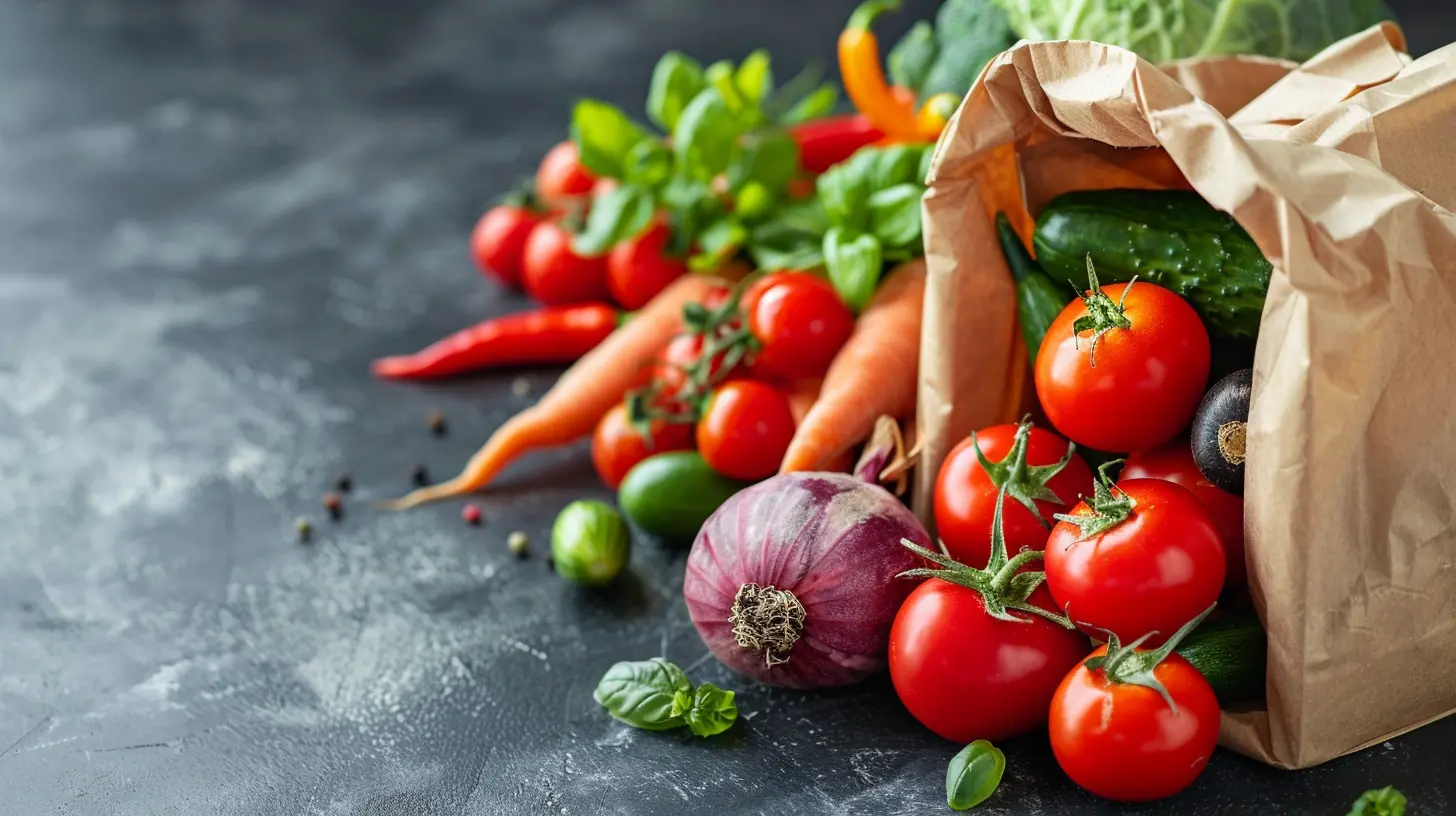
Pro Tips for Smart Grocery Shopping
Now that you have the ultimate nutrient-dense shopping list, here are some extra tips to make grocery shopping even easier:✅ Plan ahead: Write out your meals for the week so you only buy what you need.
✅ Read labels: Avoid foods with long ingredient lists full of unrecognizable words.
✅ Shop full, not hungry: Grocery shopping while hungry is a recipe for impulse purchases.
✅ Buy in bulk: Nuts, seeds, grains, and legumes last long and are often cheaper in bulk.
✅ Go organic (when possible): If your budget allows, choose organic for produce listed on the "Dirty Dozen" (pesticide-heavy foods like strawberries and spinach). 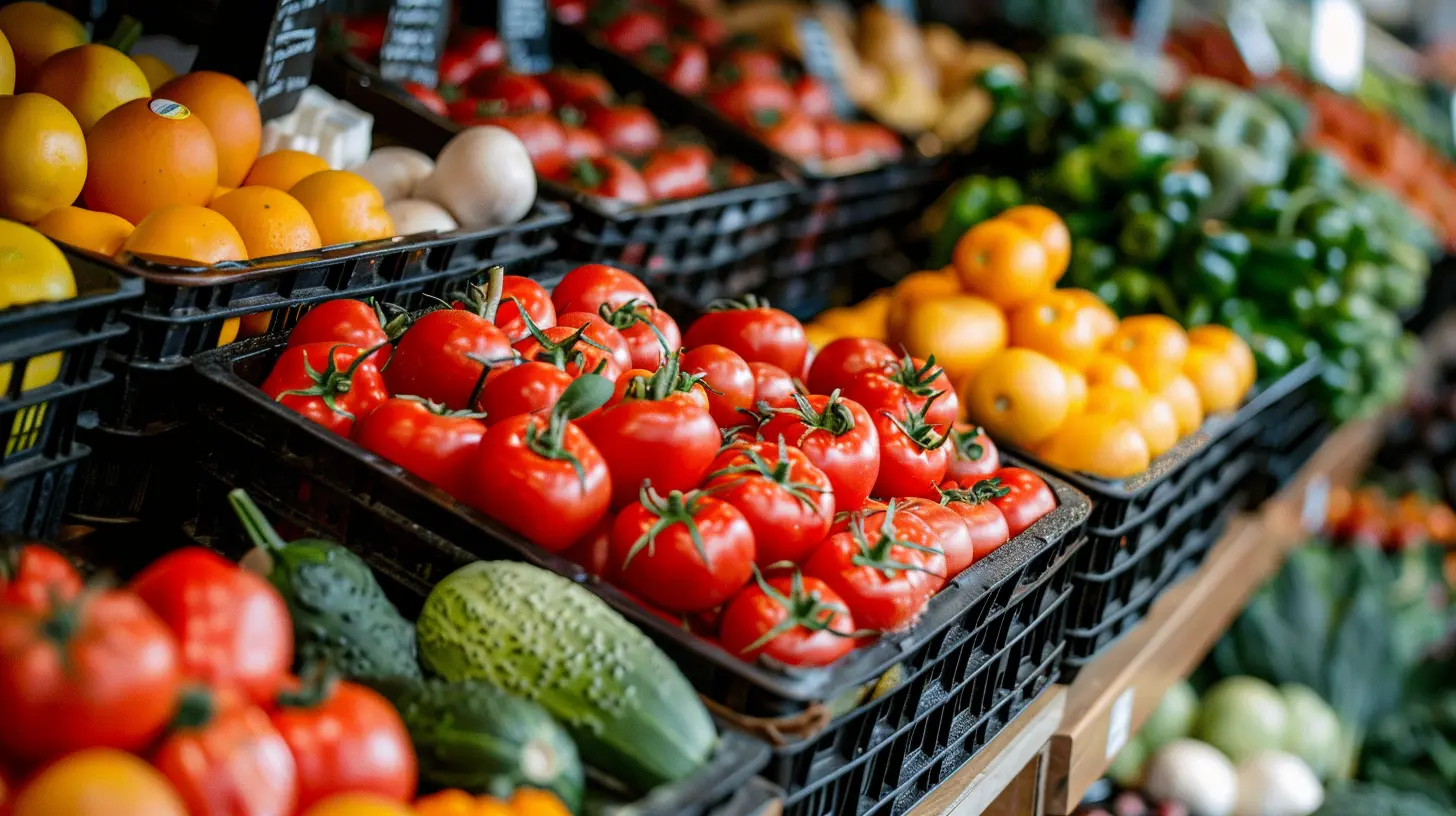
Final Thoughts
A nutrient-dense shopping list isn’t just about eating “healthy”—it’s about fueling your body with the foods that help you feel your best. By focusing on whole, unprocessed foods, incorporating a variety of colorful produce, and picking high-quality proteins and fats, you’ll set yourself up for success in and out of the kitchen.So, next time you’re at the grocery store, approach it with confidence, knowing that each item in your cart is a step toward better health. Happy shopping!
all images in this post were generated using AI tools
Category:
Healthy EatingAuthor:

Arthur McKeever
Discussion
rate this article
4 comments
Pia Love
Great insights! Creating a nutrient-dense shopping list can feel overwhelming, but it’s a wonderful step towards better health. Remember, small changes can lead to big improvements. You've got this!
May 1, 2025 at 4:51 AM

Arthur McKeever
Thank you! I appreciate your encouragement. Every small step counts on the journey to better health!
Christopher McQuaid
Great insights! Your tips on building a nutrient-dense shopping list are practical and helpful for making healthier choices. Thank you!
April 30, 2025 at 3:56 PM

Arthur McKeever
Thank you for your kind words! I'm glad you found the tips helpful. Happy shopping!
Grayson Cox
What surprising ingredients should we prioritize for a nutrient-dense shopping list? I’m eager to learn more!
April 29, 2025 at 4:47 PM

Arthur McKeever
Focus on foods like quinoa, kale, lentils, and berries for their high nutrient density. Consider adding chia seeds and nutritional yeast for extra benefits!
Kenzie McGuire
Nourish your soul, shop wisely, thrive beautifully!
April 29, 2025 at 2:33 AM

Arthur McKeever
Thank you! Emphasizing mindful shopping is key to nourishing both body and soul. Happy thrifting!
